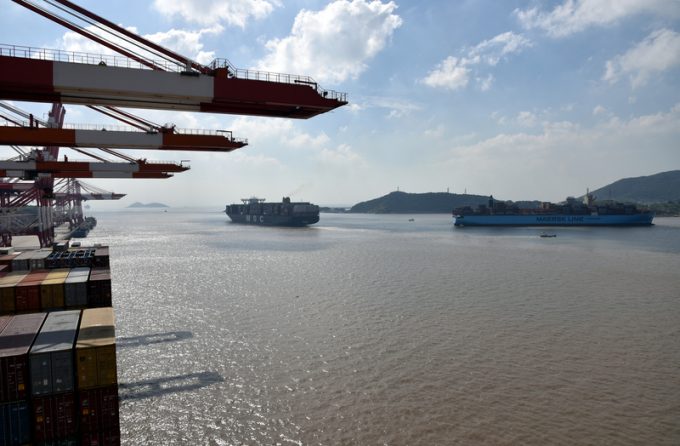Container counterfactuals: spot market vs time-charters
Spotting the time-charter correction…

Despite continued weak demand, the comprehensive index of the Shanghai Containerized Freight Index (SCFI) edged down just 1.3% this week, with the US west coast component actually recording a gain.
This provides further evidence that, for now at least, rates are less important to shippers desperate to get their exports to market.
Manufacturing in China is slowly recovering from the coronavirus outbreak lockdowns, although container transport is still reported as “scarce and expensive”, meaning = intermodal movements are unreliable.
According to a Drewry ...
Transpacific sees first major MSC blanks as rates fall and volumes falter
'It’s healthy competition' Maersk tells forwarders bidding for same business
White House confirms automotive tariffs – 'a disaster for the industry'
New price hikes may slow ocean spot rate slide – but for how long?
Shippers snap up airfreight capacity to US ahead of tariff deadline
Supply chain delays expected after earthquake hits Myanmar
Tighter EU import requirements proving 'a challenge' for forwarders

Comment on this article